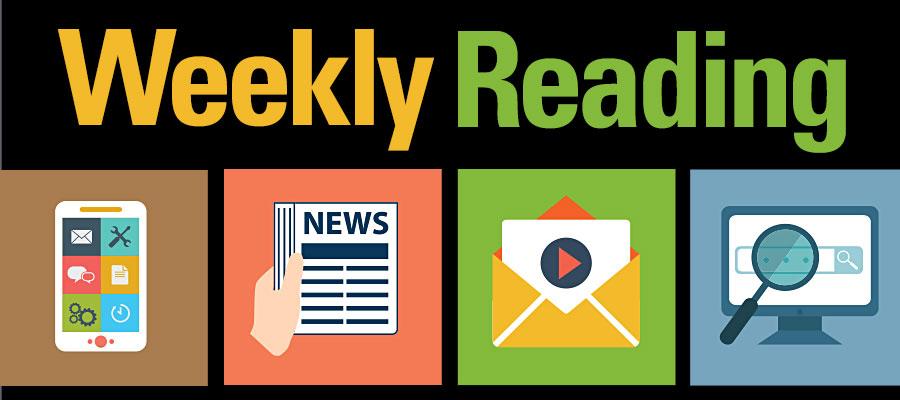On-demand insurance is now a thing

On-demand health insurance could disrupt the field
Minneapolis-based health insurance startup Bind Benefits wants to disrupt the insurance industry by changing the way people use their plans: on demand.
Bind is not an insurer, but it designs health plans for large employers that pay their own bills, the Associated Press (AP) reported. Under Bind’s plan, customers would pay a monthly premium that could be up to 40 percent cheaper than other options their employers might offer, the company said.
This premium would cover physician visits, hospital stays, maternity care, cancer treatment, prescriptions and more. If patients need coverage for non-urgent procedures, such as knee surgery, they can get additional coverage, plan for the procedure, and look at different options for who performs it. In such cases, patients would need to pay an extra premium and possibly a copayment, depending on the care provider and what is being purchased. In these cases, patients might end up paying more than $1,000 in additional costs.
Users can check Bind’s website or app to see what is covered and what it will cost them.
“It’s the sort of thing we need entrepreneurs to be doing,” Robert Laszewski, a health care consultant and former insurance executive, told the news service. “We haven’t had a new idea in managed care in I don’t know how long.”
The nation’s largest health insurer, UnitedHealthcare, and some large employers are taking notice, the AP said.
At-home palliative care access a game changer in California
The Washington Post profiled two brothers-in-law who each struggle with chronic obstructive pulmonary disease (COPD). Despite living next door to one another, they are experiencing the disease in markedly different ways because of how they receive care.
Because Mark Hailey fits within a low enough income bracket, a new California law, SB1004, mandates that he can receive at-home palliative care. This care has vastly improved his condition. His brother-in-law, Gordon Surber, has traditional Medicare and additional insurance through his wife, both of which prevent him from receiving at-home palliative care. Surber finds himself in the emergency department (ED) for repeated issues, and much of the daily burden of caring for him is placed on his wife.
SB1004 was designed to prevent costs driven by illnesses such as COPD from skyrocketing, the Post said. So far the program has saved $3 for in-hospital costs for every $1 spent in its first six months, James Cotter, regional medical director for Partnership HealthPlan of California, told the publication. Evidence suggests that palliative care can improve quality of life for terminally and chronically ill patients, while reducing ED visits and hospitalizations by as much as half, thus offsetting overall health care costs, the Post said.
“California is the only state that has a law mandating access to palliative care for Medicaid beneficiaries, so everyone else is watching [the SB1004 program],” Diane Meier, a geriatrician at the Mount Sinai School of Medicine in New York, told the publication.
Battling the opioid epidemic with few resources
NPR has documented residents’ struggles with overcoming opioid use disorder in Liverpool, Ohio — a town that made headlines two years ago when a photo went viral of a local couple that had overdosed in a car with their grandson in the backseat. Through photos and first-person accounts, photographer Ian Brown cataloged individuals’ confrontations with overcoming the disease.
The publicity surrounding the photo had prompted the town to try to address its widespread substance use disorder seriously in 2016, but attempts ultimately foundered.
Brown’s subjects offered suggestions to drive change. Some of them said Liverpool needs to promote education about substance use disorder. Others said the town needs an economic boost. Still others cited a need for more addiction treatment resources, or shared their personal trajectories with overcoming the disorder.
You can read their stories here.

